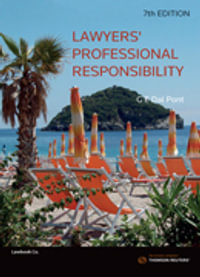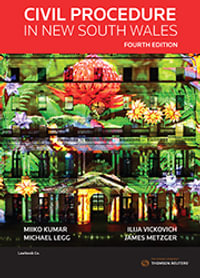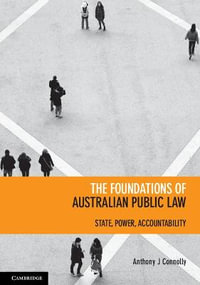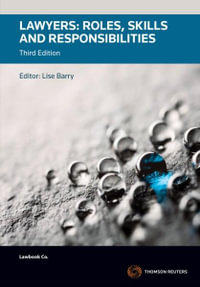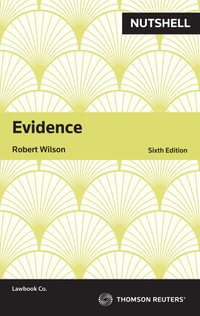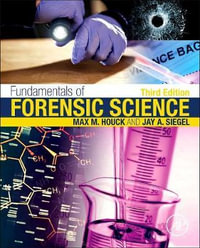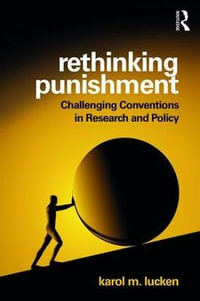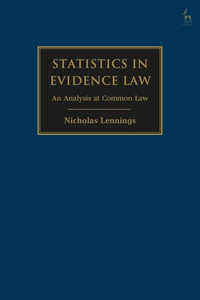In 2009, Stephen Barker was convicted of rape on the evidence of a little girl who was four-and-a-half years old at the trial, and about three-and-a-half when first interviewed by the police. The high point of the proceedings was the child's appearance as a live witness in order for Barker's counsel to attempt a cross-examination.
This case focused attention on the need, imposed by current English law, for even tiny children to come to court for a live cross-examination.
In 1989, the Pigot Committee proposed a scheme under which the whole of a young child's evidence, including cross-examination, would be obtained out of court and in advance of trial. In 1999 a provision designed to give effect to this was included in the Youth Justice and Criminal Evidence Act, but it has not yet been brought into force.
The full Pigot proposal was implemented, however, in Western Australia, and similar schemes operate in a number of European jurisdictions. This book of essays examines a number of these schemes, and argues the case for further reforms in the UK.
Industry Reviews
[The book] provides a compelling argument for effective change within an extensive research-base. It is uncompromising in its critique, but if that provokes a reaction then that is all to the good, for these are ideas that deserve serious reflection and wide debate. -- Fiona E Raitt * Edinburgh Law Review, Volume 17 *
...a very welcome criminal law publication and a very brave effort by Hart Publishing to bring this urgent matter to the public forum. -- Sally Ramage * The Criminal Lawyer *
...this collection of essays provides valuable perspectives on the treatment of child witnesses across a range of jurisdictions and a compelling rehearsal of the peculiar problems associated with adversarial advocacy. Stimulating and sometimes provocative, the book will be of interest to scholars and practitioners alike. -- Louise Ellison * Criminal Law Review, Issue 3 *
...an interesting read on an extremely important issue, edited by two eminent scholars in this field and fleshed out by a group of very solid contributors. The book makes a strong argument for the need to reform the way child witnesses are handled in the courtroom in order to minimize their distress and promote the accuracy of their testimony. The thorough discussion of procedures in other criminal justice systems provides valuable insights into how seemingly strong reforms are applied as well as potentially unperceived drawbacks that derail their implementation. This strengthens the book's main argument that more of the reforms based on the Pigot report should be make in the United Kingdom. Readers from other countries will find a wealth of resources for advocating similar changes to their own handling of child witnesses and an intuitive (i.e., informal, non-quantitative) cost-benefit analysis of video recording children's disclosures. -- Amelia Hritz * Criminal Law and Criminal Justice Book Reviews *
One cannot hope for a better discussion of these complex and important issues than this collection of papers.
...there are a number of reasons why it should be read. First, some children will continue to give evidence in family proceedings and practitioners need to be aware of the difficulties and pitfalls. In addition, they may be required to give evidence in criminal proceedings linked to care proceedings and problems need to be identified not just before the criminal trial but also afterwards, not least if the evidence does not result in a conviction. Finally, the concerns set out in this book apply not just to children but to the many vulnerable adult witnesses. -- HHJ John Mitchell * Family Law *
International practices from countries such as Australia, the United States, Austria and Norway are illustrated and compared. This makes the book very worthwhile reading as well as practically relevant, because it successfully examines valid alternatives to the current practice in the UK.
... an essential read for academics as well as for a broader legal audience, in particular barristers who cross-examine. -- Pascale Reinke * The Howard Journal of Criminal Justice, Volume 53, Number 4 *


